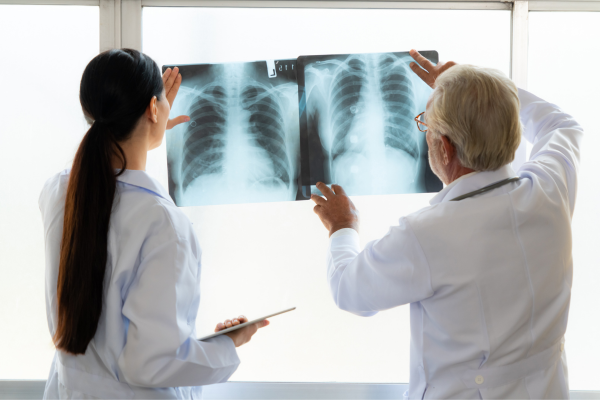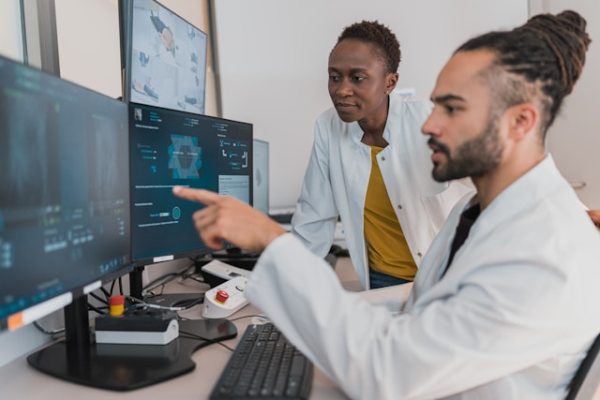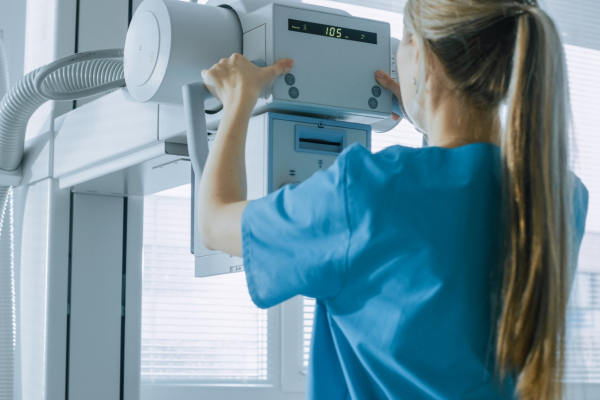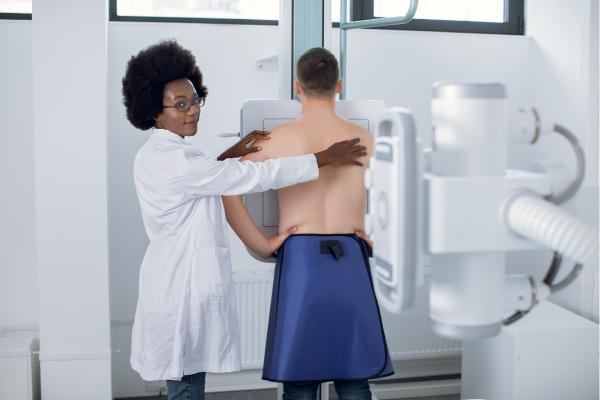How to become a radiographer UK-based
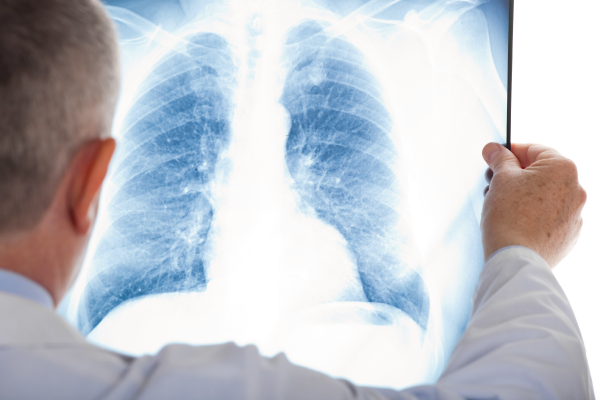
Many people dream of travelling to a new country and experiencing life from a whole new side of the world. However, many of these dreams are crushed by the reality that travelling can be costly! One way to get around this obstacle is to work as a locum professional in the country you wish to visit.
Locum work provides you with the opportunity to grow your resume, get real-world experience and travel to a brand new country, all whilst making some extra cash! In the UK, locum jobs are available in most sectors of the health care industry, which means that there are plenty of opportunities for a range of professionals to land a new job and explore the country. If you are a medical professional seeking something a little more niche than becoming a nurse or health care assistant, a career in radiography might be the best choice for you. This article will cover how to become a radiographer UK-based and why radiography is a great career to get into.
What is a radiographer?
A radiographer is a health care professional who operates scanning machines that produce images for medical purposes. Radiographers (also known as radiologic technologists) will handle machines such as X-ray machines, CT scanning equipment and other advanced technology. These pieces of equipment assist other medical professionals with conducting various procedures.
Radiographers will usually be asked to pass their findings onto radiologists, analysing the images and diagnosing patients. Doctors can also use images to guide and assist medical treatments during a procedure. As a radiologist in the UK, you could find yourself working in various hospital departments, including surgery, intensive care and patient rooms.
Locum radiotherapy jobs will contain several tasks that include:
- Assisting radiation treatment for cancer patients
- Maintaining imaging equipment
- Following and upholding safety protocols
- Helping surgeons with imaging during complicated procedures
- Preparing patients for radiologic procedures
How to become a radiographer UK-based
Due to the nature of the tasks performed by radiographers in the UK, the process of how to become a radiographer UK-based will require you to undergo specific training and meet qualification requirements before you can successfully apply for a locum position. If you are an aspiring locum radiographer, achieving the correct qualifications before applying to roles in the UK will help to make the process a lot smoother.
University degree
Working as a radiographer, will require you to complete a degree (or equivalent) in a related subject. Related subjects could be anything that falls under medicine, health care or engineering.
If university study isn't for you, it is also possible to receive a degree qualification through an apprenticeship. Ideal apprenticeships for this role are those that give you real-world experience at operating medical machines, following safety protocol and assisting other medical professionals with their procedures.
HCPC registration
Most radiographers in the UK will work for the NHS. The NHS is the UK's public healthcare system that has to follow government rules and guidelines when hiring new health care professionals. After gaining the relevant qualifications, the first thing that you will need to do is register with the HCPC (Health and Care Professions Council). The HCPC monitors and regulates health care professionals that work in the NHS and private health care services. The HCPC dictates the standards for ideal healthcare professionals and which qualifications/programmes are acceptable standards of education and experience.
When you accept a locum radiography job in the UK, the HCPC will give you a standard of proficiency document that outlines the standards you must meet when working in the UK. The measures aim to uphold NHS values and deliver high-quality care to patients.
Register with an agency
If you want to find the best radiography jobs for locum professionals in the UK, you should register with an agency. Locum job agencies will often receive job availability before other job boards, so they are a great place to get ahead of any competition that you may have.
Agencies will also be able to help you with your application process and give you advice for success. This can be incredibly helpful when applying from abroad because the standards you are expected to meet in the UK may be different from those required in your home country.
Get the right visa
To work in the UK, you will need to apply for the correct visa. For those who are applying from outside of the EU, you will need to register for a Health and Care worker visa. With such high demand in the NHS for health care professionals to join their team, most applications for these visas are accepted fairly quickly. To qualify for a health care worker visa, you must:
- Be a qualified health care professional
- Work in a related health or social care job
- Work for a UK employer
- Receive at least minimum wage
- Hold a certificate of sponsorship from your employer that includes details about the role that you have been offered in the UK
- Have a confirmed job offer before you apply for your visa
You must also be able to prove that you can speak, read, write and understand English when you apply. This is because health care roles in the UK involve communicating with patients and staff about important topics along with handling data and written information.
With the right qualifications, becoming a radiographer in the UK can be easy! If you are having trouble navigating your way through the various visas or bodies that you will need to register for, have a look at our blog for more information. At Globe Locums, we pride ourselves in helping medical professionals from around the globe land their dream locum job. We currently have a range of jobs on our site for positions in the UK, Ireland, Australia and New Zealand. Contact our team to learn more about how we can help you to land your next locum job today!
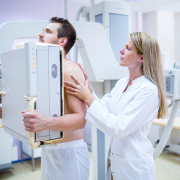
Latest Radiography Jobs
We currently have a variety of locum and permanent vacancies across the UK and Ireland


